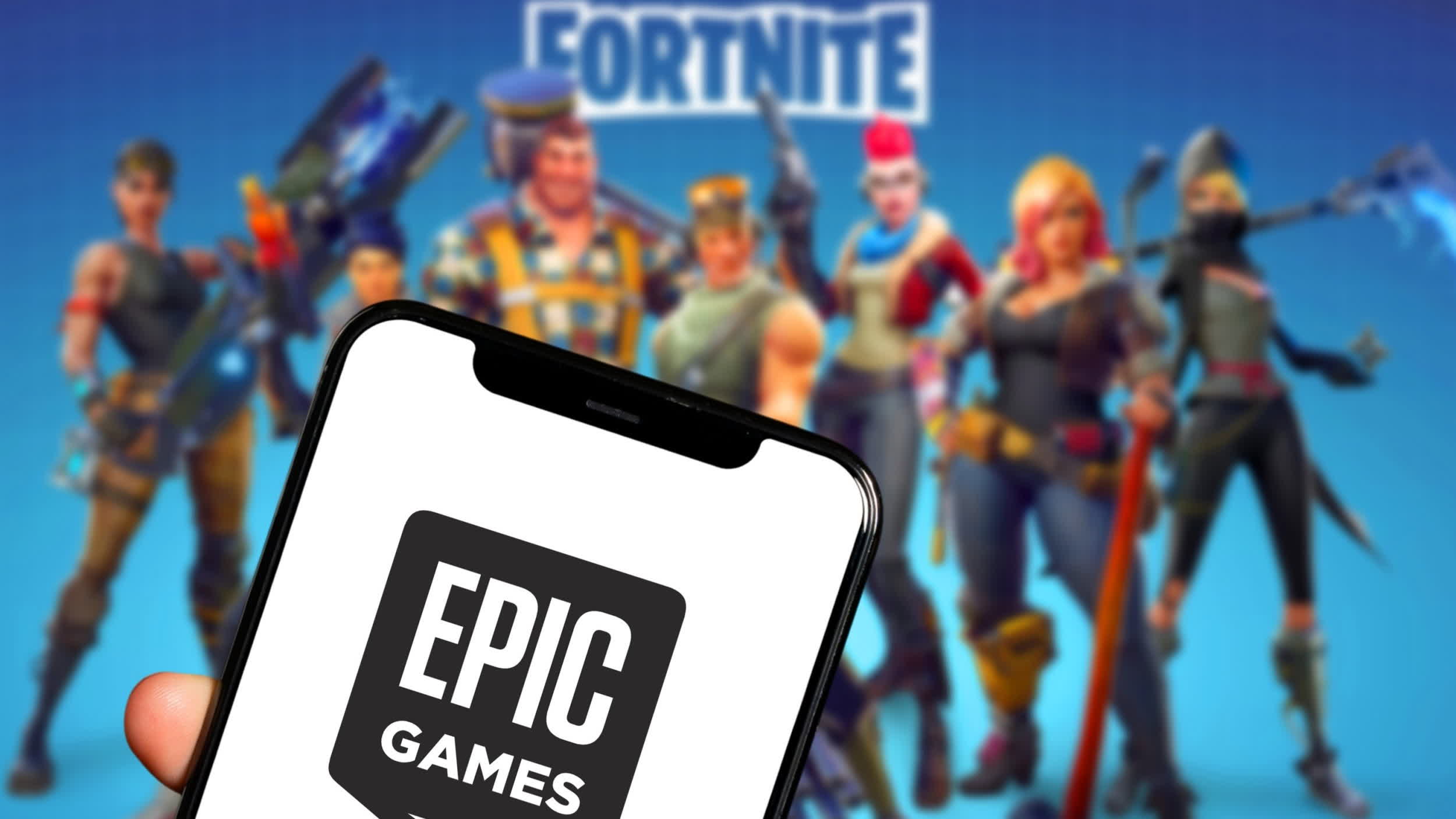A hot potato: Epic Games is challenging what it perceives as the monopolistic control of Google and Apple over their individual mobile app ecosystems. The company is reluctant to incur any extra costs to participate in these ecosystems, although it doesn't raise objections to the fees imposed by Sony, Microsoft, and Nintendo.
Epic Games' lawsuit against Google is reaching its conclusion, and the Fortnite developer has now clarified why it is specifically targeting mobile companies while not challenging the three major game console manufacturers. During a recent jury trial in San Francisco, Epic presented a taped deposition by CFO Randy Gelber, recorded in September 2022. The recording sheds light on why the company is willing to pay additional fees for selling in-game content in console versions of Fortnite.
According to Epic's financial head, PlayStation, Xbox, and Switch represent "competitive markets" with an entirely different cost structure compared to a mobile app store. Gelber explained that the main distinction is that Sony, Microsoft, and Nintendo sell their own hardware, and as per "widely published" reports, the hardware is always sold at a loss.
The three home console companies need to offset the hardware cost, Gelber said, justifying the additional fee. While Apple also sells its own mobile hardware, Gelber didn't address that issue at all. Furthermore, console makers control closed ecosystems that are as restricted as those of mobile vendors, with no opportunity to establish an additional store controlled by a third-party company.

The Epic executive explained that mobile apps are typically small in size but have higher costs. Mobile app developers also have to cover customer service, Gelber stated, as users usually don't contact Google when they need support with their game.
During the trial, Google revealed how much Epic owes in damages for briefly enabling direct payments in the Android version of Fortnite. According to economist Gregory Leonard's testimony, the company should pay around $400,000 after having collected $1,329,770 in revenues before the game was removed from the store.
Now that Epic and Google have presented their evidence, the trial is awaiting closing statements and the jury's verdict. Judge James Donato ordered the two companies to hold settlement talks before proceedings resume on December 11.
